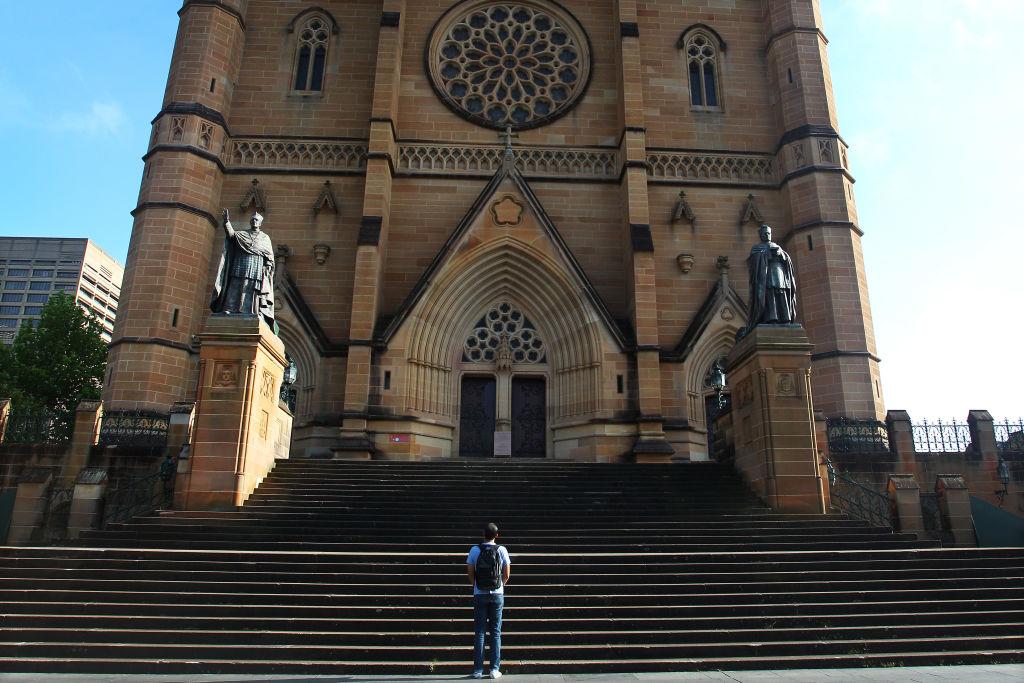Commentary
Every five years, Australians complete the Census survey to give governments the information needed to make essential decisions about services.

Every five years, Australians complete the Census survey to give governments the information needed to make essential decisions about services.